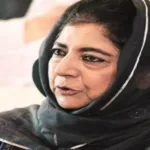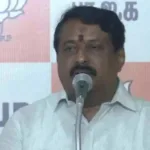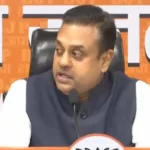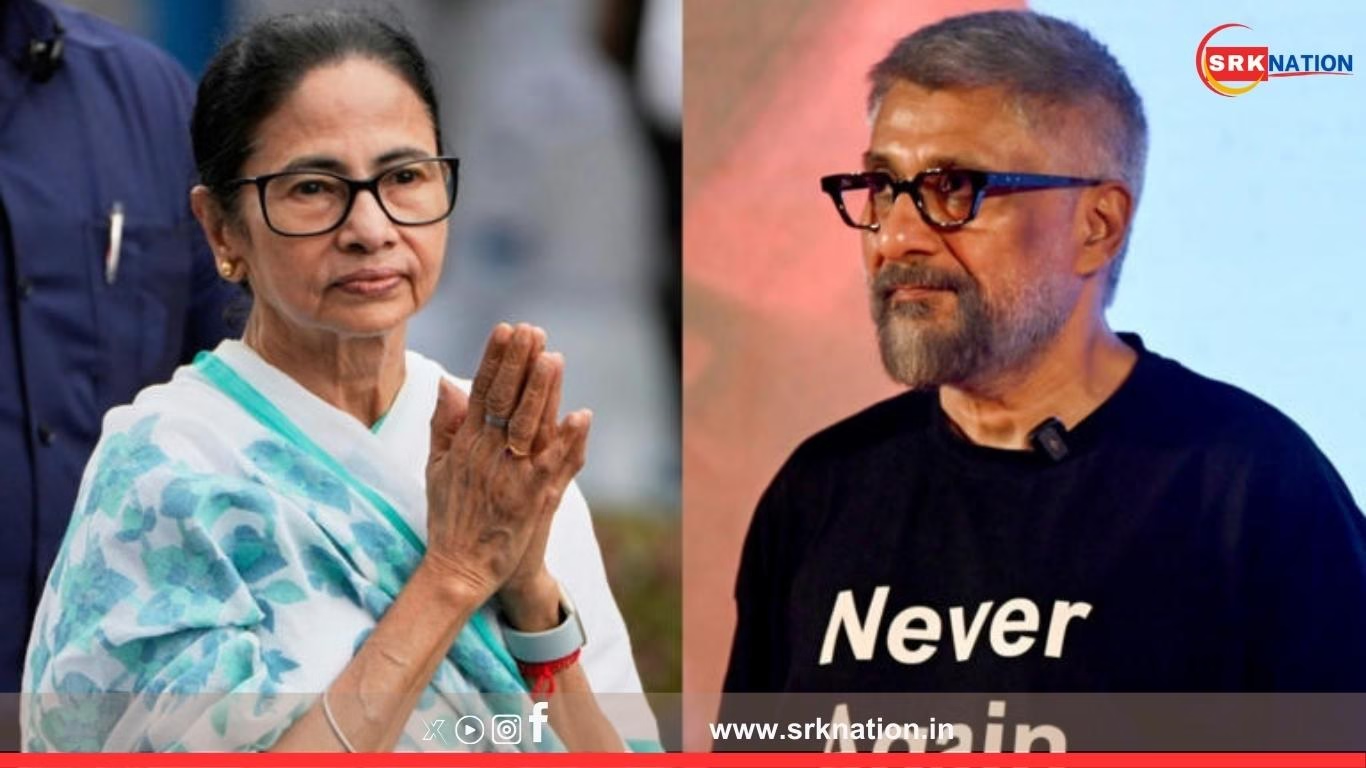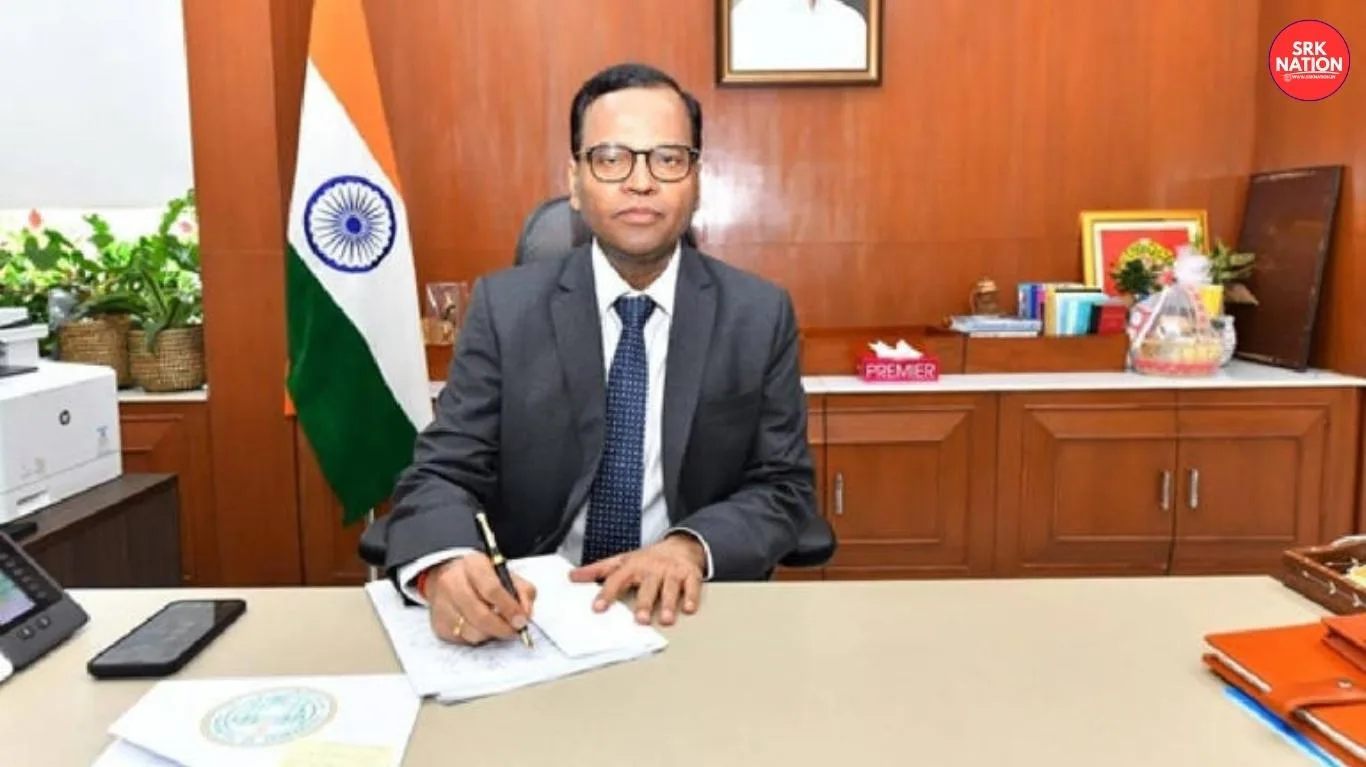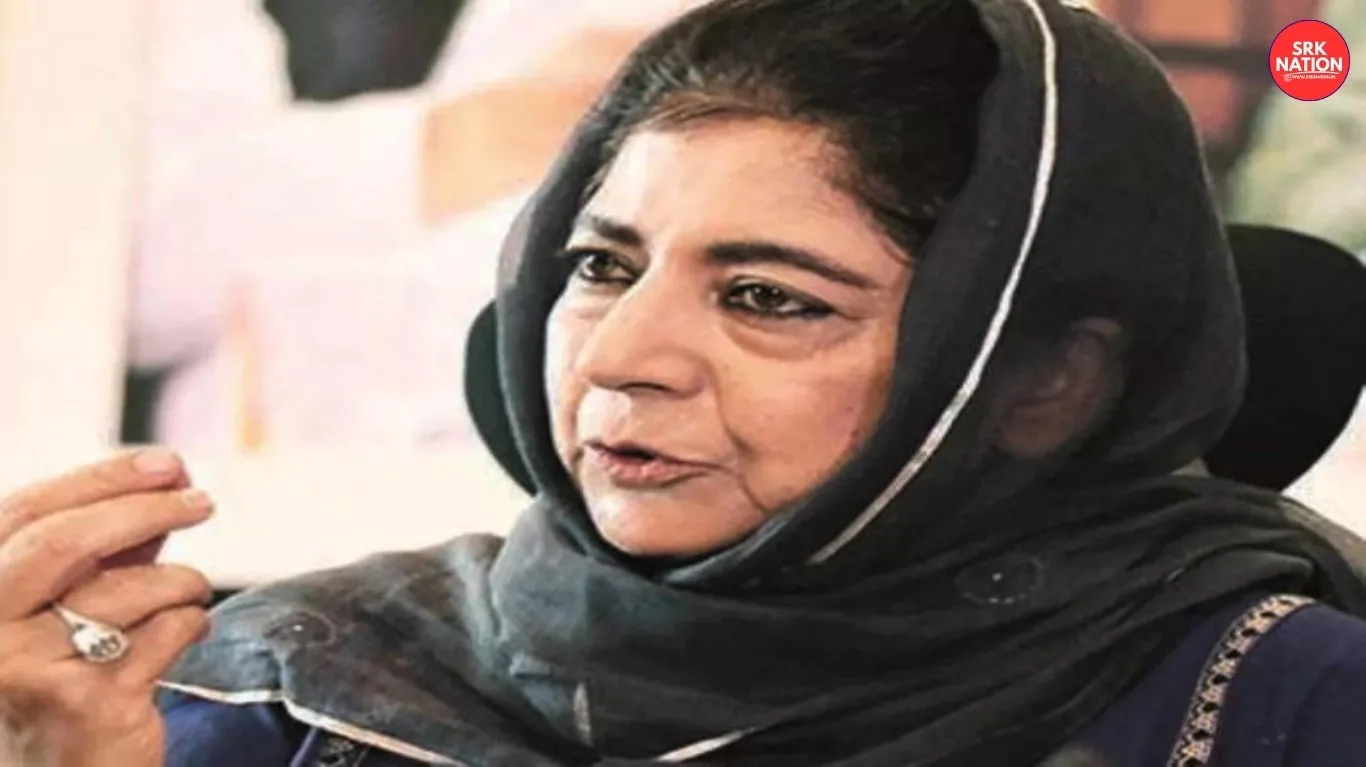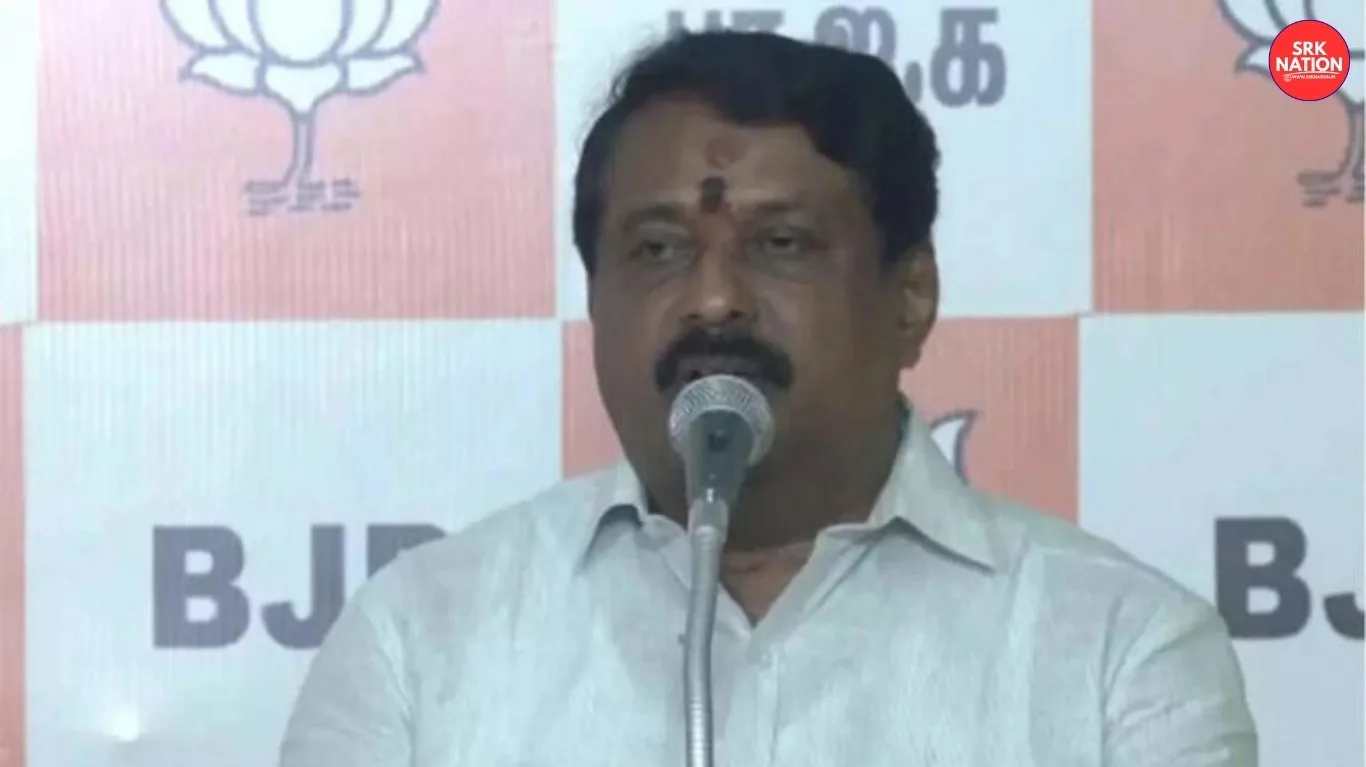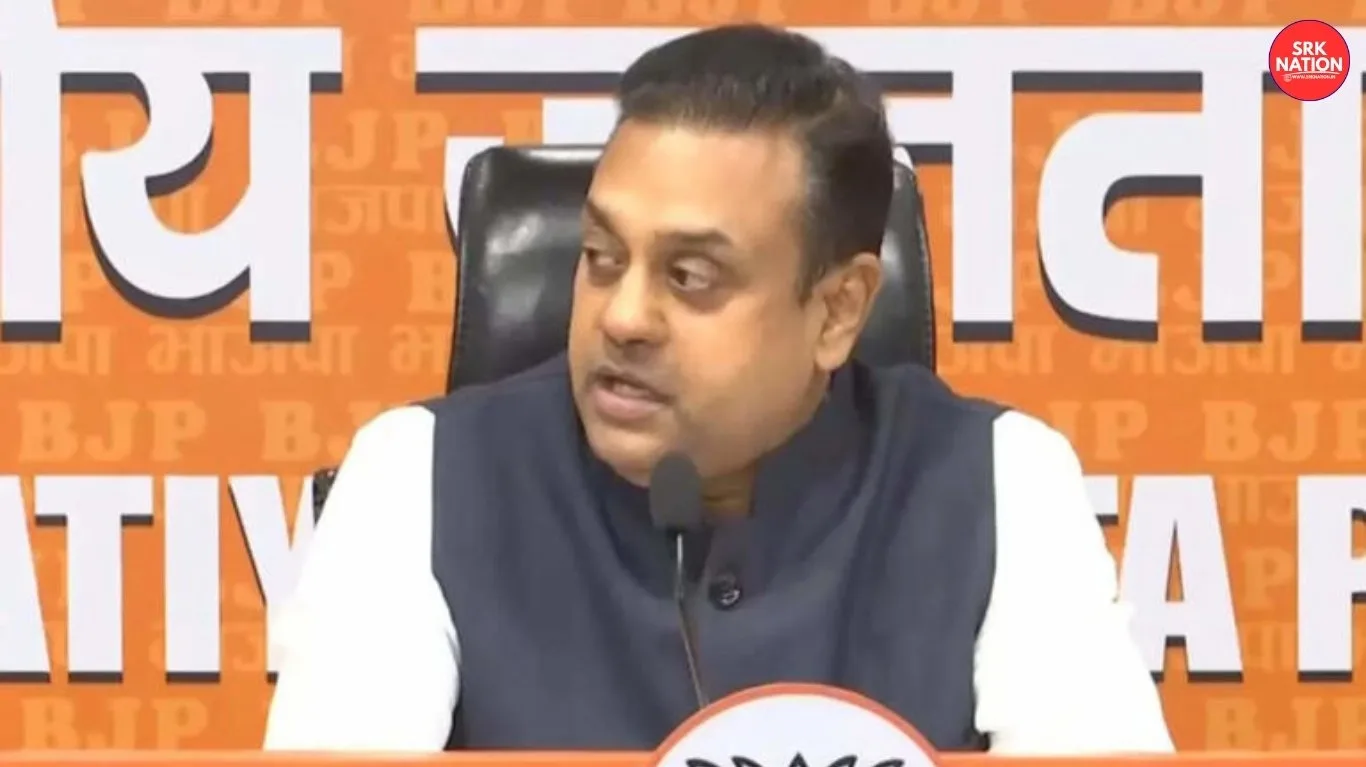National Award-winning filmmaker Vivek Agnihotri has stirred political and cinematic debate with his upcoming film, The Bengal Files, which he claims exposes “untold truths” of Bengal’s turbulent history. In a recent interview, Agnihotri alleged that West Bengal Chief Minister Mamata Banerjee fears the film may reveal uncomfortable facts, stating that “skeletons may tumble out” once the movie hits theatres on September 5, 2025.
The controversy erupted after the trailer launch of the film was abruptly cancelled in Kolkata, with Agnihotri accusing the state government of misusing police power to suppress the event. The Bengal Files, which follows the legacy of Agnihotri’s previous works like The Kashmir Files and The Vaccine War, aims to portray historical episodes such as the Direct Action Day, the Great Calcutta Killings, and the Noakhali riots—events that led to the partition of Bengal.
🎬 The Bengal Files: A Cinematic Provocation
Agnihotri describes The Bengal Files as a film that “tells the untold story of Hindu genocide” in Bengal, focusing on events from 1946 that remain politically sensitive. The film stars Anupam Kher, Mithun Chakraborty, Pallavi Joshi, Namashi Chakraborty, Simrat Kaur, and Darshan Kumar, and has been cleared by the censor board.
| Film Title | The Bengal Files |
|---|---|
| Director | Vivek Ranjan Agnihotri |
| Release Date | September 5, 2025 |
| Key Themes | Direct Action Day, Noakhali riots |
| Lead Cast | Anupam Kher, Mithun Chakraborty |
| Certification | Cleared by CBFC |
| Genre | Historical Political Drama |
Agnihotri insists the film is not anti-Bengal but rather a tribute to the region’s heritage, culture, and resilience. He argues that suppressing the film’s release is tantamount to denying the people of Bengal their right to historical truth.
🧠 Mamata Banerjee’s Alleged Opposition
According to Agnihotri, Mamata Banerjee and the Trinamool Congress (TMC) are “vehemently opposed” to the film because it may reveal uncomfortable truths about Bengal’s political past. He claimed that the cancellation of the trailer launch was orchestrated by the state government, which “weaponised police” to prevent the event.
“She doesn’t want history to come out because when history comes out, lots of other skeletons will also pop out of the box—and some skeletons maybe of their family. Bad skeletons, not good skeletons,” Agnihotri said.
| Allegation by Agnihotri | Response from State Government |
|---|---|
| Trailer launch blocked by police | No official statement issued |
| Fear of historical exposure | TMC leaders remain silent |
| Suppression of artistic freedom | Civil society voices concern |
Banerjee, however, is widely seen as having built an independent political career. Born into a non-political family, she rose through student activism and founded the TMC in 1998. Critics argue that Agnihotri’s claims may be politically motivated, especially given the timing of the film’s release ahead of the 2026 Bengal Assembly elections.
📊 Political and Cultural Reactions
The Bengal Files has sparked mixed reactions across political and cultural circles. While some view it as an important attempt to revisit forgotten chapters of history, others see it as a provocative narrative that could stoke communal tensions.
| Stakeholder | Reaction Summary |
|---|---|
| BJP Bengal Unit | Welcomed the film’s release |
| TMC Leaders | Silent or dismissive |
| Civil Liberties Groups | Concerned about communal portrayal |
| Film Critics | Awaiting full release for review |
Agnihotri maintains that the film is based on archival research and eyewitness accounts, and that it seeks to honor Bengal’s legacy rather than vilify any community.
🔍 Historical Context: Direct Action Day and Noakhali Riots
The Bengal Files reportedly centers on two pivotal events:
- Direct Action Day (August 16, 1946): Called by the Muslim League, it led to widespread communal violence in Kolkata, resulting in thousands of deaths.
- Noakhali Riots (October 1946): A series of communal attacks in East Bengal (now Bangladesh), which prompted Mahatma Gandhi’s peace march in the region.
| Event Name | Date | Casualties Estimated | Historical Impact |
|---|---|---|---|
| Direct Action Day | August 16, 1946 | 4,000+ | Communal polarization |
| Noakhali Riots | October 1946 | 5,000+ | Gandhi’s peace mission |
Agnihotri claims these events have been “whitewashed” in mainstream narratives and deserve cinematic representation.
🧠 Freedom of Expression vs Political Sensitivity
The Bengal Files controversy reignites the debate over artistic freedom and political censorship. Agnihotri argues that the state’s actions amount to suppression of expression, while critics caution against the potential for historical distortion.
| Issue | Agnihotri’s View | Critics’ View |
|---|---|---|
| Artistic Freedom | Being suppressed by state power | Must be balanced with responsibility |
| Historical Accuracy | Based on research and eyewitnesses | Needs scholarly validation |
| Political Timing | Coincidental | Possibly strategic |
Agnihotri has urged audiences to watch the film and decide for themselves, stating, “It’s just a trailer—picture abhi baaki hai.”
🎥 Cast and Production Highlights
The film boasts a powerful ensemble cast and has been shot across multiple locations in Bengal, including Kolkata, Murshidabad, and Cooch Behar. The production team claims to have worked closely with historians and local communities to ensure authenticity.
| Actor Name | Role in Film |
|---|---|
| Anupam Kher | Historian and narrator |
| Mithun Chakraborty | Political leader |
| Pallavi Joshi | Journalist |
| Namashi Chakraborty | Student activist |
| Simrat Kaur | Survivor of riots |
| Darshan Kumar | Police officer |
The film’s music, composed by Rohit Sharma, blends classical Bengali motifs with contemporary orchestration.
📌 Conclusion
Vivek Agnihotri’s The Bengal Files has already made headlines before its release, with claims of political suppression and historical revelation. Whether it becomes a cinematic milestone or a flashpoint of controversy will depend on public reception and critical scrutiny.
As Mamata Banerjee’s government faces allegations of stifling artistic freedom, the film’s release on September 5 is poised to test the boundaries between politics, history, and cinema. For now, the spotlight remains firmly on Bengal—and the stories it may yet reveal.
—
Disclaimer: This article is based on publicly available interviews, news reports, and film announcements as of August 21, 2025. It is intended for informational purposes only and does not constitute political endorsement or historical validation.


